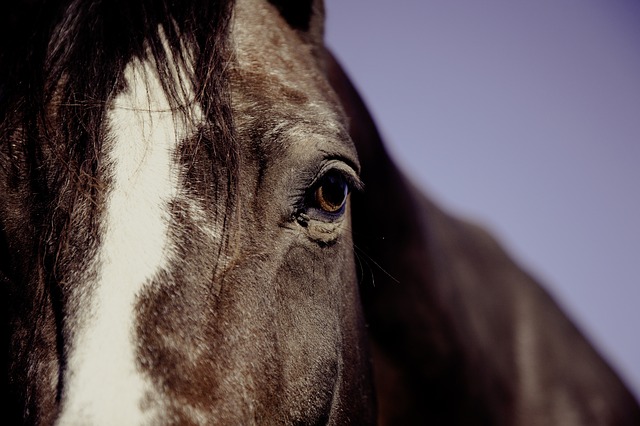The Florida Department of Agriculture and Consumer Services reported the first cases of strangles of the year in horses in Polk and Hardee counties.

Both cases were reported on private facilities in their respective counties.
The highly contagious upper respiratory disease of equids, known as Strangles, is caused by the gram-positive β-hemolytic bacterium Streptococcus equi ssp. equi.
Subscribe to Outbreak News TV on YouTube
The organism, Streptococcus equi ssp. equi, can be transmitted via direct contact with nasal or ocular secretions or lymph node discharge from infected horses or via indirect exposure to contaminated trailers, stalls, riding equipment, buckets, halters, lead ropes, brushes, clothing, etc.
The incubation period typically ranges between two and six days but may last up to 14 days.
Classic symptoms may include fever (103 degrees F or higher), mucopurulent nasal discharge, lymphadenopathy (+/- abscessation), general malaise, pharyngitis, dysphagia, upper airway stridor and respiratory distress.
Clinical signs are often age-related, with older horses exhibiting milder symptoms of shorter duration.
VACCINATED WOMEN PASS COVID-19 ANTIBODIES TO BREASTFEEDING BABIES: STUDY
FLORIDA REPORTS 10TH VIBRIO VULNIFICUS DEATH OF 2021 IN PALM BEACH COUNTY





1 Comment